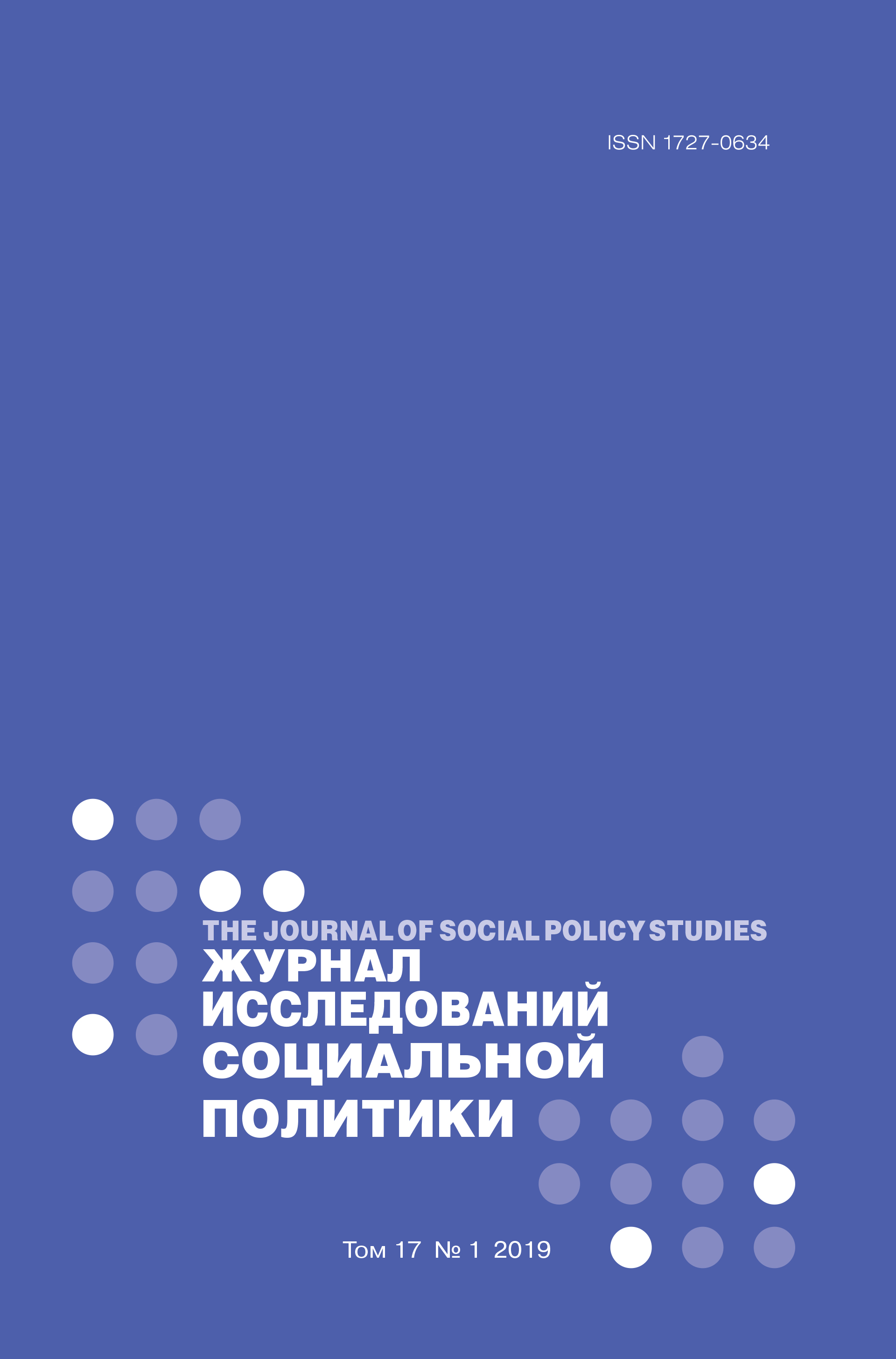Entering Adult Life: North Caucasus in Comparison to Other Regions of Russia
Abstract
The goal of the paper is to present the currently available quantitative data on transitions into adulthood in the North Caucasus. Based on the results of the 2013 all-Russia survey 'Person, Family and Society', the North Caucasus is compared to other regions of Russia, with a special focus on the sociodemographic and socioeconomic characteristics of events in the transition to adulthood. By sociodemographic events, we mean one’s first sexual relationship and relationship, marriage and the birth of one’s first child. Socioeconomic events include finishing education, separation from one’s parents and being employed for the first time. The timing, tempo and sequence of these events were then compared for residents of the North Caucasus and of other regions of Russia born between 1970 and 1994. What was found was that in the North Caucasus the transition to adulthood follows a more traditional standard than in other regions of Russia. Specifically, in the North Caucasus the interval
between marriage and birth of the first child is shorter; marriage is much more widespread than partnership; and childbearing takes place more intensively and at younger ages. Gender asymmetries in sociodemographic events are more pronounced in the North Caucasus than in other regions of Russia. Nevertheless, the data also shows certain demographic modernization in the North Caucasus. Thus, men (but so far not women) of younger generations show a larger variety of sequences of the events compared to elder generations, so that the obligatory norm for transition to adulthood is replaced by a variety of life paths.















